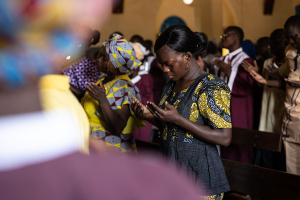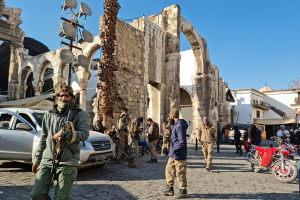Northeast Heat Wave: Mid-90s All Week, West Nile Mosquitoes to Multiply
A Northeast heat wave is expected to stretch from Maine to Ohio, scalding tens of millions of people with temperatures hovering in the mid-90s and even into the 100s in some places. Along with the extreme heat and humid air comes West Nile virus-bearing culex mosquitoes, which are expected to multiply as the heat wave continues.
The Northeast heat wave will keep temperatures at stifling levels, from the mid-90s to high 90s in most areas. Heat advisories have been issued from the mid-Atlantic to New England: Boston suburbs, southern New Hampshire, Rhode Island and Connecticut are expected to be hit particularly hard, with shoreline areas faring a bit better, according to The National Weather Service.
Although the heat wave will hit places like New York with 97-degree weather- that's a new high record since July 18 of last year- it could feel even hotter because of the baking concrete and humidity. Even worse is that the nighttime may not bring much relief.
"The real problem with heat waves is not that it gets as high during the day, but it doesn't get as low at night, and that's what causes so much stress on the body," Angela Fritz, an atmospheric scientist for Weather Underground, told the Christian Science Monitor. "Our bodies need that overnight low to recover from the day's heat and if it doesn't get that that, our bodies get stressed."
Preparations are being made to battle the heat, with the health commissioner of Philadelphia activating special summer heat programs and New York City opening cooling centers. Many are being advised to go without hydration, and Con Edison has extra crews on call in case of a power outage, according to NBC News.
One thing that much tougher to fight are the mosquitoes. The first culex mosquitoes, which carry West Nile virus, were found in Norwalk, Conn. last week. The high heat and occasional sun showers provide an ideal breeding ground for the dangerous pests.
"Unfortunately, the weather conditions we're having, with high heat, high humidity and occasional rain, replenish these sites," Ted Andreadis, a state entomologist, told the Hartford Courant. "I think the virus will start to build."
The heat wave is expected to break Friday because of a cold front, so residents of NYC, Philadelphia, Baltimore, and Washington, D.C. will get some relief. However, the cold front could bring with it "numerous severe thunderstorms," according to Weather.com.





























